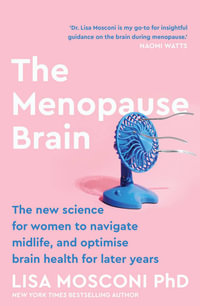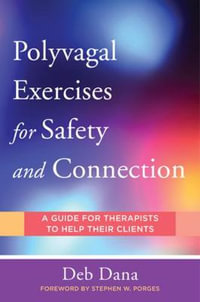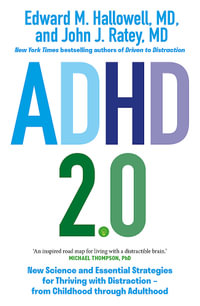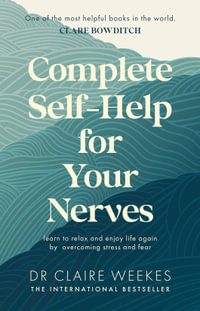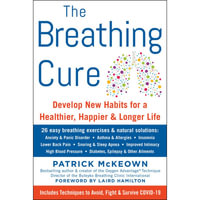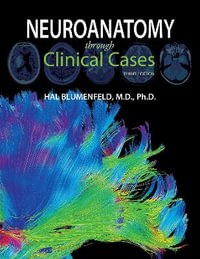Key social and emotional milestones during adolescence are often directly related to the abilities to initiate and maintain intimate relationships, maintain physically maturing bodies, and manage personal sexuality. Most adolescents with developmental disabilities have particular difficulty expressing sexuality in satisfying ways, consequently facing issues such as limited intimate relationships, low self-esteem, increased social isolation, deregulated emotional maintenance, reduced sexual functioning, and limited sexual health. Appropriate sexual knowledge assists not only in achieving personal fulfillment, but protection from mistreatment, abuse, unplanned pregnancies, or sexually transmitted diseases (STDs). It also works to help solve problems of loneliness and problems with self-esteem. This book will address this but also much more. Issues of physical and cognitive development will be discussed, including appropriate sexual development/urges and brain development, and innate similarities and differences of sexuality that could occur between people with autism spectrum disorders and intellectual or developmental disabilities, including the complexities of physical disabilities. The authors will also consider special considerations for group homes and recreational facilities, and specifically focus on concepts of ethics and models of consent (medical, legal, social, and educational), as well as how to deal with uncertainty.
Industry Reviews
Talking About Sex: Sexuality Education for Learners with Disabilities makes an essential contribution to advocating for self-determination of persons with developmental disabilities by taking up a subject that educators and other human service professional have historically overlooked. Educational practices have focused on academic and self-help skills while largely ignoring issues of sexuality. Understanding sexuality is an equally important life skill that empowers young adults with disabilities. Individuals with developmental disabilities are at the greatest risk for sexual abuse and need an awareness of both normal and deviant sexuality. These individuals have the same rights as people without disabilities to engage in sexual and relationship exploration, including knowledge of safe sex practices, consent, and ethical behavior. In addition to exploring the topic, the authors offer instructional approaches for sex education that are adapted for special populations. Talking About Sex: Sexuality Education for Learners with Disabilities is a must-read for parents, counselors, providers, and virtually anyone engaged in the field. -- Henry B. Reiff, coordinator, Graduate Program in Special Education, professor of Special Education, McDaniel College, vice-president for student members, International Academy for Research in Learning Disabilities (IARLD), author of Teaching for the Lifespan
In my role as a special education leader for over 20 years, one of the biggest gaps in programming for students with IDD and Autism is in the area of curriculum to provide direct instruction in sexuality education. In just the last two years, I have seen the number of individuals with IDD and/or Autism who get in trouble with the law increase exponentially simply because they lack a basic understanding of societal norms when it comes to sexual behavior while also having instant and often unmonitored access to social media. "Talking About Sex: Sexuality for Learners with Disabilities" is one of the first books I've seen on this topic and it provides a well-researched approach that will help inform educators and caregivers of the need for sexuality education for this population. It does a great job of identifying topics that need to be discussed while also providing hands on curriculum suggestions and resources for teachers and parents to use to help this population learn to safety navigate the complicated world of human sexual behavior. -- William P. Gillet, director of student services, Big Spring School District, Newville, PA


